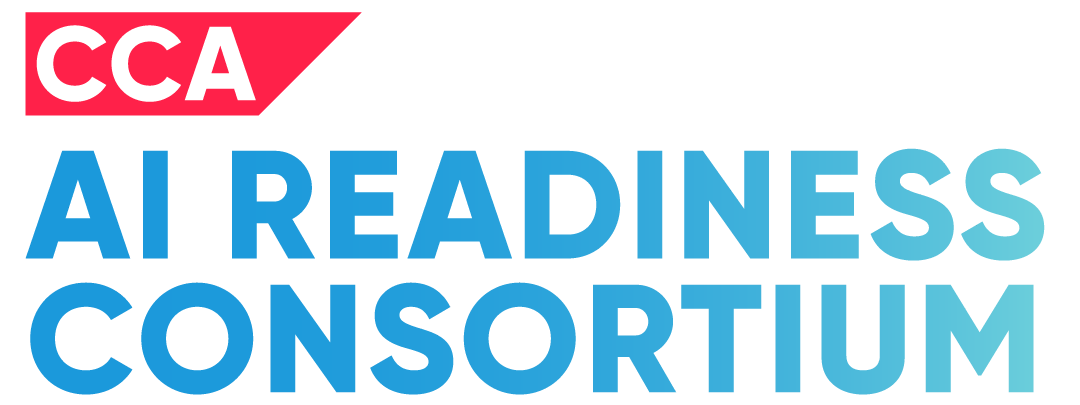Feedback details
Experience feedback
Thank you, Dr. Todd Kanik, Faculty of Business at the Lawrence Kinlin School of Business, Fanshawe College (London, ON), for taking the time to speak with me on February 3, 2024, before I officially launched my student venture on Riipen.
Your guidance during that initial call was thoughtful and clear—especially in setting expectations for what students can and cannot do through the Riipen platform. You were transparent in explaining that student collaborators are not meant to implement or execute strategies, but rather focus on research, analysis, and strategy development. I truly appreciated that clarity, especially after having previously been involved in another Riipen project where boundaries weren’t so well defined.
I currently have Fanshawe students working on my project (unpaid), and as a result, I’ve been lighter in my approach—sending out occasional invites to connect and setting up meetings when I’ve had the bandwidth to do so. So far, I haven’t received any deliverables or responses, and while that’s understandably disappointing, I know students have competing priorities and that unpaid projects may fall lower on the list. I’m still hopeful some of them might join me for a casual podcast episode where we can explore what’s on their minds—from societal issues to their own personal journeys.
My main goal with this project was always to share my story—especially what happened to me at Sheridan College’s SIRT Centre, and to raise awareness about individuals like Howard Peart, whose professional history includes multiple industries, short tenures, and concerning gaps in employment.
My earlier experience on Riipen, unfortunately, wasn’t as positive. I worked with Crystal Kruger Wong, who brought me on underpaid and overworked. It often felt like I was being treated as cheap labour, expected to perform at a high level without the appropriate support or compensation. On one occasion, she even forgot to pay me for a week—while away at the cottage with her family—at a time when my own family was struggling to put food on the table. That lack of accountability, paired with unclear direction and blurred emotional boundaries (I was often used as an unpaid “therapist” for personal venting sessions), made the working relationship unsustainable.
I have since recognized that while Crystal may be passionate about the idea of running a business, her follow-through and intent around profitability, leadership, and structure have not been aligned. She often journaled aloud about trivial details—what she ate, when she showered, whether she’d go to school—and I found myself bearing the emotional burden of her indecision, all while trying to build her business for her. It was draining. At the same time Andrew was going through schizophrenia episodes and was in and out of the hospital and I was barely sleeping myself.
In contrast, I’ve been working tirelessly on my own business—exploring different platforms, strategizing new ideas, and pushing forward each day. I am not relying on unpaid student labour to carry my business. That would be unethical, and frankly, a modern form of exploitation.
True entrepreneurship requires resilience, accountability, and integrity—and I’m doing my best to live those values daily.
With gratitude and reflection,
Sylvia
- Author
-
President
- Experience
- Strategic Marketing and Marketing Plan - 2025 Winter
- Project
- Fundraising and Subscriber Growth Strategy for The Lady Instructor
- Created At
- May 5, 2025
